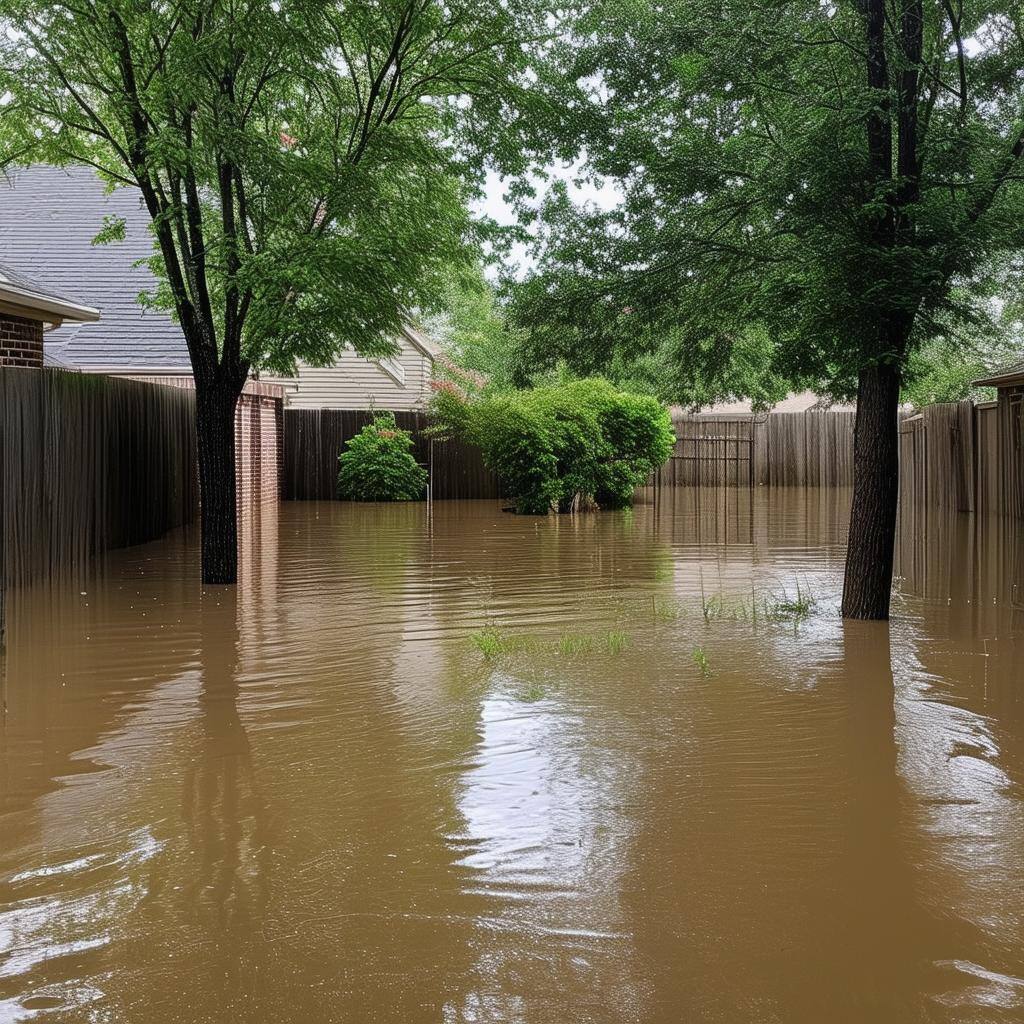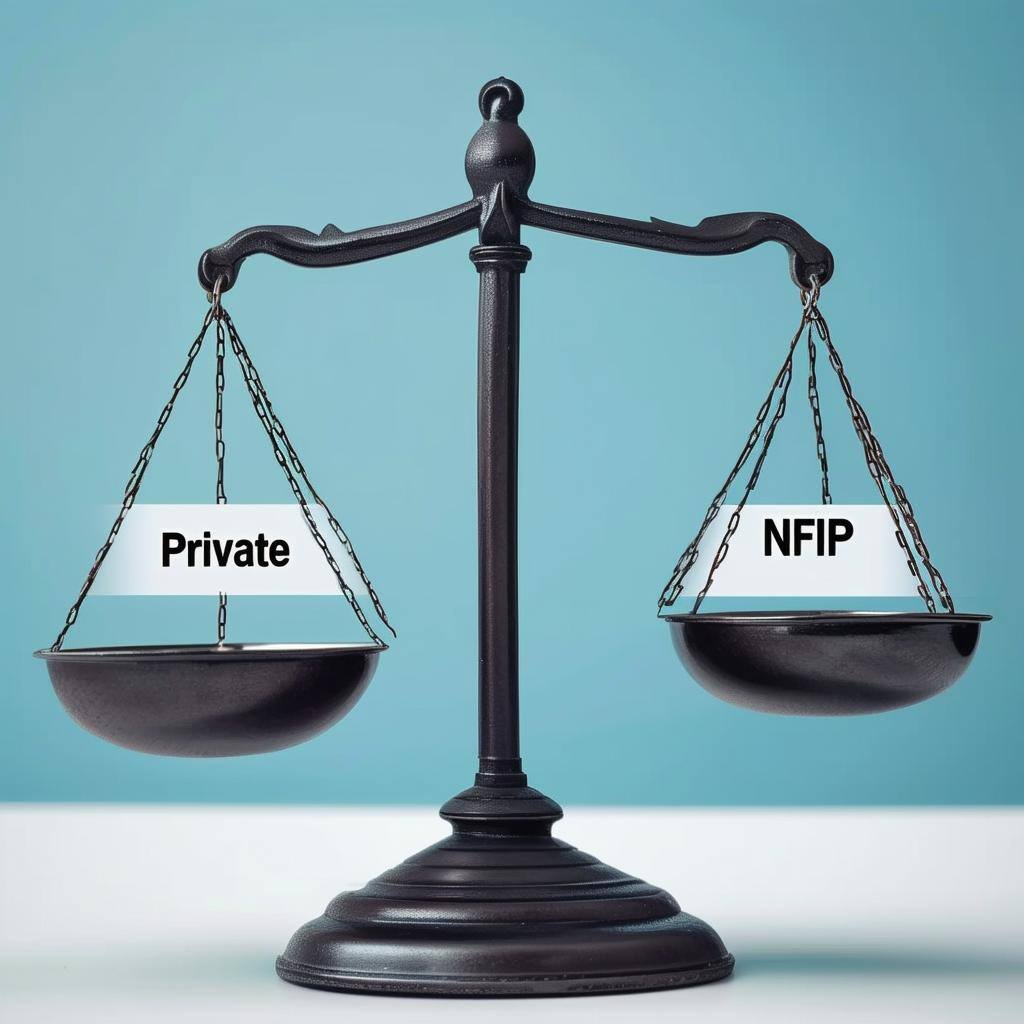Comprehensive Flood Insurance Coverage in Augusta, Georgia
Living in Augusta, GA, comes with many perks, but it also carries the risk of flooding. Whether it's the Savannah River or intense seasonal storms, homeowners here need to be prepared. Unfortunately, standard homeowner’s insurance doesn’t cover flood damage, which could leave you with significant expenses if flooding occurs. That’s why comprehensive flood insurance is a must. With the right coverage, Augusta residents can feel secure, knowing their homes are protected.
This guide explains everything you need to know about flood zones, coverage options, and mitigation strategies. Let’s dive in and find the right coverage for you.
Flood Insurance in Augusta Georgia
Looking for flood insurance in Augusta Georgia? Just locate your area in the search bar before. Can’t find your city no problem we service the entire state of Georgia.
Don't See Your City? Click Here.

Understanding Flood Risks in Augusta, Georgia
Flooding in Augusta isn’t limited to just high-risk areas. Even low-risk zones can be hit by severe weather, which makes it essential to understand both your flood zone and property-specific risks. Here's a quick breakdown of Augusta's flood zones:
Flood Zone X (Low to Moderate Risk):
Flooding isn’t frequent here, but it’s still possible during intense storms. Many homeowners in Zone X opt for affordable flood insurance for added peace of mind.
Flood Zone A (High Risk):
Homes in Zone A may experience annual flooding. This includes parts of the Riverwalk and nearby low-lying areas. Mortgage lenders often require flood insurance for properties in Zone A.
Flood Zone AE (High Risk with Base Flood Elevation):
With a 1% annual chance of flooding, Zone AE spans areas along the Savannah River. Flood insurance in this zone is critical, ensuring you’re protected against significant financial losses.
What Flood Risks Mean for Augusta Homeowners
Flood risk involves more than just your FEMA flood zone designation. Several factors can increase or lower your home’s risk:
- Elevation: Properties built above the Base Flood Elevation (BFE) may enjoy lower premiums, even if they’re in high-risk zones.
- Proximity to Water Sources: Homes near the Savannah River or other creeks in Augusta face higher risks, especially after heavy rainfall.
- Flood Mitigation Features: Installing flood vents, raising your HVAC systems, or using water-resistant materials can lower your risk—and your premiums.
- Historical Flooding: Understanding your property’s flood history helps you prepare and adjust coverage as needed.
Using Risk Factor tools or the Flood Insurance Guru’s Risk Tool allows you to get a clearer picture of your specific flood risk and make better decisions about coverage.

Flood Insurance Coverage Options for Augusta Residents
Flood insurance isn’t one-size-fits-all. There are different coverage types to suit the specific needs of homeowners in Augusta:
-
Building Property Coverage:
This protects the structure of your home, including foundations, plumbing, and electrical systems. If your house suffers flood damage, this coverage ensures you can repair or rebuild. -
Personal Property Coverage:
Covers your belongings—like furniture, electronics, and clothing—if they’re damaged by floodwaters. This coverage is essential for homeowners in areas like Evans, Grovetown, and Martinez, where floods can strike unexpectedly. -
Additional Living Expenses (ALE) Coverage:
If flooding displaces you, ALE helps cover temporary housing, meals, and other costs until your home is livable again. This coverage provides much-needed peace of mind during the recovery process.
Flood Insurance Costs in Augusta, Georgia
The cost of flood insurance in Augusta depends on several factors:
- Flood Zone Classification: Homes in Zone AE or A typically face higher premiums due to elevated flood risks.
- Elevation & Location: Houses above the BFE or away from the river may qualify for lower premiums.
- Coverage Limits & Deductibles: Raising your deductible can reduce your premium, but be prepared for higher out-of-pocket expenses in case of a claim.
Flood insurance premiums generally range between $800 and $1,200 per year, but properties in lower-risk zones like Grovetown and Martinez may enjoy more affordable rates.

Choosing Between NFIP and Private Flood Insurance
In Augusta, homeowners have two primary options for flood insurance:
-
National Flood Insurance Program (NFIP):
The NFIP offers standard coverage with limits of $250,000 for buildings and $100,000 for personal property. It’s a solid choice for properties in both high-risk and low-risk zones, and it meets lender requirements for federally backed mortgages. -
Private Flood Insurance:
For those who need higher coverage limits or customized options, private flood insurance may be the better choice. Private policies often include ALE coverage and offer more competitive rates, particularly for homes above the BFE.

Mitigation Strategies to Lower Your Flood Risk and Premiums
Taking steps to reduce flood risks can also help lower your insurance premiums. Here are some flood mitigation strategies worth considering:
- Elevation Certificate (EC): An EC provides your home’s elevation data, which can help reduce premiums if your property sits above the BFE.
- Install Flood Vents: These vents allow water to flow through your foundation, minimizing damage and qualifying you for premium discounts.
- Upgrade Materials: Use water-resistant building materials during renovations to reduce flood damage risks.
FAQs: Protecting Your Home in Augusta, GA
Is flood insurance mandatory in Augusta?
Yes, flood insurance is mandatory if your home is in a high-risk zone and has a federally backed mortgage. However, it’s recommended for all homeowners, even in low-risk areas.
How do I know my flood zone?
Use the FEMA Flood Map Service Center to search your address and determine your property’s flood zone.
What is ALE coverage?
ALE coverage helps pay for temporary living expenses—like housing and meals—if flooding forces you to leave your home during repairs.
Learning Center
Looking for more information on flood risk and insurance protection?



